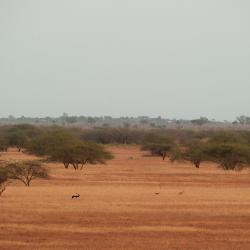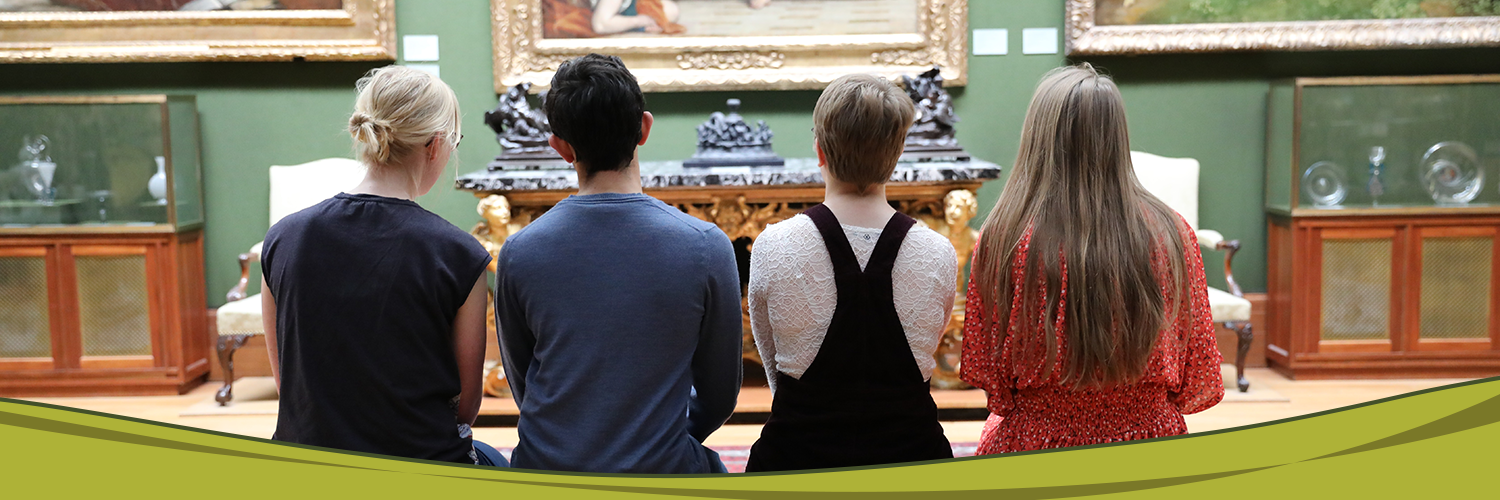The Colonial Natures project will:
- Encourage interdisciplinary dialogue and collaboration, paving the way for ground-breaking grant applications and collaborative publications.
-
Address pressing 21st-century issues, including climate change and the enduring legacies of colonialism, fostering deeper understanding and awareness.
-
Promote engagement with university collections and wider public outreach through meticulously planned exhibitions and participation in events such as the Cambridge Festival of Ideas.
Network-Building
The project is starting with a robust network-building phase, with the primary objective of formulating collaborative grant applications. One such application, led by Daniel Margocsy, focuses on the pivotal role of mobile and diasporic communities within the Indian Ocean World. These communities, including Syrian Christian, Arabic, Jewish, and Malay traders, played a crucial yet often overlooked role in generating environmental knowledge. Workshops will be organized to facilitate dialogue between experts from various fields within Cambridge and researchers from South and Southeast Asia, enhancing cross-cultural perspectives.
The project is also seeking funding for a pilot research project in collaboration with Mahmood Kooria from Ashoka University, India. This project aims to provide a novel interpretation of the linguistic and ethnic diversity of contributors to the Hortus Malabaricus, a foundational text in South Asian botany.
Exhibition Planning
We are planning an exhibition at the Whipple Museum, meticulously examining the university's extensive collections of mineral, botanical, and zoological specimens, as well as related printed works, manuscripts, and artworks from the colonial era. This exhibition will critically analyse the University's historical scientific activities, revealing its reliance on a global network of actors. Ongoing collaboration among key stakeholders will include organising small-scale workshops for hands-on study and discussion of specimens across various museums, libraries, and Colleges in Cambridge.
Interdisciplinary publications
We are compiling an interdisciplinary-edited volume, consolidating key contributions from workshops conducted during the initial phases, with varied perspectives, combining historical, sociological, anthropological, and geographical approaches to analyse the intricate relationship between colonialism and environmental transformation. An editorial workshop will be held to finalise manuscripts, enhancing the coherence and depth of the volume.
Project benefits
The proposed project offers an opportunity to develop interdisciplinary conversations across a wide variety of disciplines across the school and beyond, which will result in large-scale grant applications, collaborative publications, as well as engagement with the various underutilized collections of the collegiate university. It will seek connections between the current research on human-made climate change and environmental transformation and on the legacies of colonialism across the globe, topics of high importance for the 21st century. The first event during Phase 1 has already brought together over 40 researchers, from the PhD student level to postdocs and other early career research, and UTOs from Education, History, Social Anthropology, the Centre of Developing Studies, Sociology and HPS, together with geographers and museum professionals across the university.
While focused primarily on the Healthy Lives theme, it also offers natural connections to the Area Studies, Conflict and Conservation, and Legacies of the Past themes. It will build links with the Consortium for the Global South as well as the Legacies of the Past Initiative. The planned exhibition will be the main public-facing outcome in the long run, together with other events at the Cambridge Festival of Ideas, as well as potential collaborations with the Faculty of Education to think about educational outreach.




